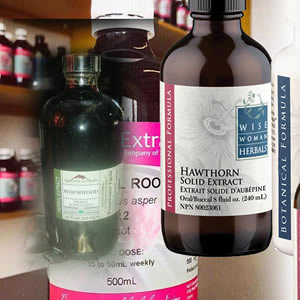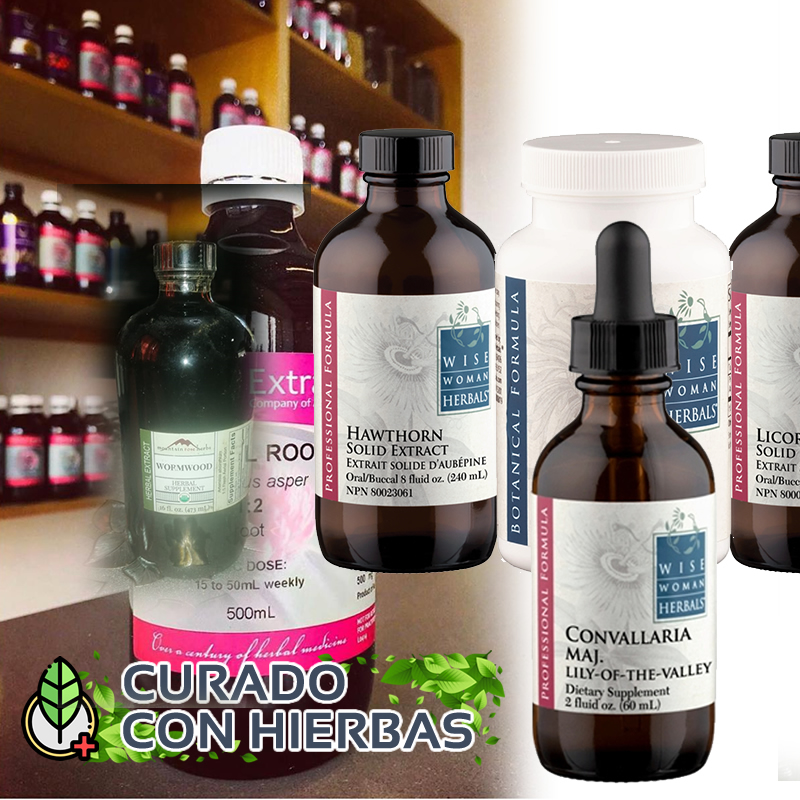Are you looking for a treatment for interstitial cystitis? Contact us today!
Interstitial cystitis (IC) is an autoimmune disease in which your own immune system bombards and inflames the bladder wall. Incidents in women are much higher in men. Find out more about our interstitial cystitis treatment worldwide with Herbal Cure.
The symptoms are:
- Frequency, burning sensation with and without urination
- Pain in the entire pelvic area.
- Insomnia result
- Fear and a miserable life in general.
- Using the proper doses of certain bioflavonoids like quercetin, rutin, pycnogenol, and various herbs to reduce inflammation and slow down a happy immune system can help reduce or eliminate the problem.
While Chinese medicine has long been applied to numerous illnesses, in recent decades it has been applied to conditions never before experienced in its history. For example, Chinese medicine has been used to treat the side effects of modern cancer therapies, to treat new diseases such as hepatitis C and HIV infections, and to treat diseases rare in China, such as multiple sclerosis. The method for choosing herbal therapies for diseases and conditions that are new or rare is to study earlier therapies for diseases with similar manifestations and to consider modern diagnostic data to focus on specific therapeutic principles.
In the case of IC, the symptoms of urination, urinary frequency, and bladder pain are no different from some other bladder disorders, such as urinary tract infections. Therefore, herbal formulas that have been successful in cystitis are tested for IC. Unlike antibiotic therapies, which are known to have no effect on IC, Chinese herbal therapies may have therapeutic roles other than mere inhibition of bacterial activity. Most herbs used for bladder syndrome are aimed at relieving a condition defined as “lower burner damp heat (jiao)”. These herbs have the property of removing heat and draining or drying moisture. Herbs are selected to have a primary effect on the genitourinary system. The source of moist heat may be local (as occurs when bacteria enter the bladder through the urethra) or secondary to heat from the heart (usually indicated by emotional distress) or the small intestine (often indicated by abdominal pain after meals) . . Contact Dr. Naturista Alex today for information on interstitial cystitis treatment worldwide.
The severity of the pain and its persistence with IC suggest to Chinese physicians that it is a blood stasis syndrome. Herbs, which revitalize the blood, are widely used for abdominal pain syndromes and have been used for conditions such as uterine fibroids, endometriosis, and other causes of persistent abdominal pain. Medicinal Plants have the property of stimulating blood circulation and breaking down static blood.
The cytoscopic finding of hemorrhagic spots is consistent with a Chinese syndrome of blood stasis. The bleeding is sometimes considered to be a result of blood stasis, which follows the concept that blood has to “move” around static blood and thus escape from the vessels. Bleeding is also believed to be a side effect of heat syndrome, especially heat in the blood. However, since hemorrhagic spots are obviously due to gases and gases and do not occur spontaneously and do not result in actual discharge of a significant amount of blood, this sign is not necessarily associated with heat. In fact, many IC patients report that cold symptoms predominate along with the bladder problem itself.
It is not known whether such considerations will lead to successful therapy, but they may form a basis for the application of TCM principles and experiences in the treatment of the new disorder. Informal reports of the use of Chinese herbs to treat IC have been passed down from American doctors from time to time, and the formulations used generally follow Chinese-recommended therapies for urinary tract infections.



Reviews
There are no reviews yet.